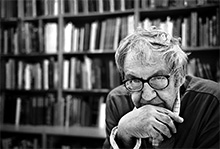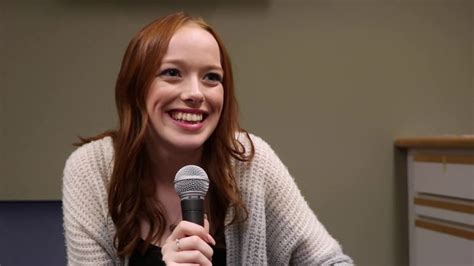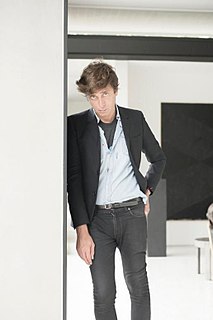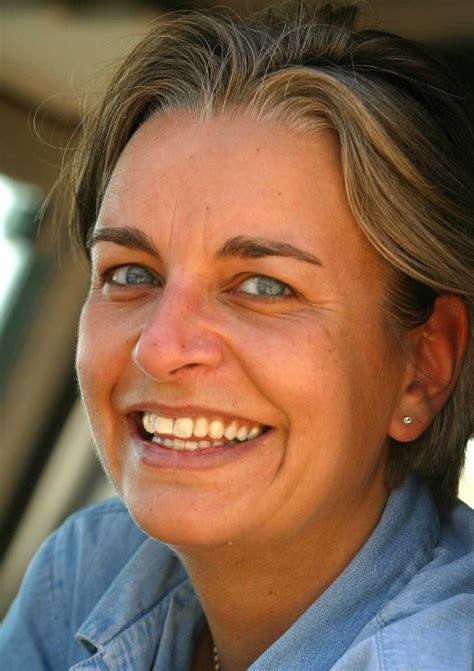A Quote by Aaron Siskind
I was given a small camera as a wedding gift from a very dear friend. My first pictures were taken on my honeymoon. As soon as I became familiar with the camera, I was intrigued with the possibilities of expression it offered. It was like a discovery for me.
Related Quotes
When I first asked to take pictures of women at their homes, I was using my formal camera and I struggled to get the shots because I was still very much in the role of the photographer. Then the next time I had this little digital camera and their response to me would be completely different - I was a friend and I got new kinds of pictures. I was always treading a line between photographer and friend.
The first time I worked with colors was by making these mosaics of Pantone swatches. They end up being very large pictures, and I photographed with a very large camera - an 8x10 camera. So you can see the surface of every single swatch - like in this picture of Chuck Close. And you have to walk very far to be able to see it.
My parents offered me my first camera for my birthday and I developed an exclusive passion for it over the years. Since I was not the most social kid on the block, the camera helped me to express myself, invent my own language - something like a secret garden. I decided early on I would not write in a diary but take silent photographs instead.
He owned an expensive camera that required thought before you pressed the shutter, and I quickly became his favorite subject, round-faced, missing teeth, my thick bangs in need of a trim. They are still the pictures of myself I like best, for they convey that confidence of youth I no longer possess, especially in front of a camera.
Making photos is helpful of course to master the craft. To get comfortable with the camera. Learn what a camera can do and how to use the camera successfully. Doing exercises for example if you try to find out things that the camera can do that the eye cannot do. So that you have a tool that will do what you need to be done. But then once you have mastered the craft the most important thing is to determine why you want to shoot pictures and what you want to shoot pictures of. That's where the thematic issue comes to life.
The first thing I did with my very first camera was climb Mt. Fuji. Climbing Mt. Fuji is a lesson in determination and moderation. It would be fair to ask if I took the moderation part to heart. But it certainly was a lesson in respecting your camera. If I was going to live with this thing, I was going to have to think about what that meant. There were not going to be any pictures without it.



































